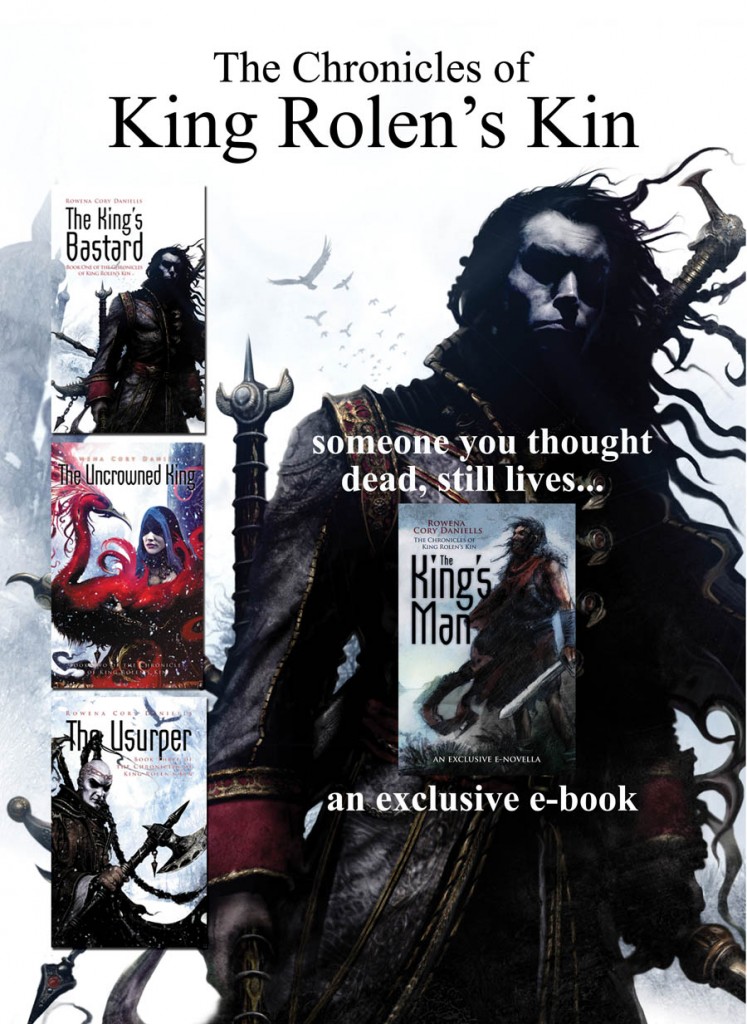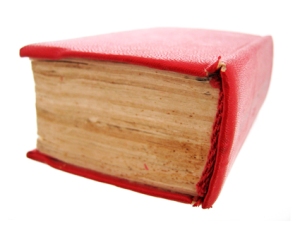
Artwork by Hhen
As Kristin Nelson said:
When I’ve got an older grandmother expressing unabashed enthusiasm in owning an eReader, I can’t help but think the tipping point is near—even if current electronic sales only equal about 2% of the market right now (statistic via a recent PW article). (Read Kristin’s article here)
Over at the Mad Genius Club blog there’s been several posts about e-books — the prices, the eReaders and what the publishers are doing. I don’t seem to come across many e-books. When I ride the train to work I see lots of people reading paperbacks but not virtual books. Of course they could be reading e-books on their laptops, but they seem to be typing away like mad.
According to Amazon e-books sales out sold print book sales over Christmas.
Spare a thought for the humble hardback this Christmas. It seems the traditional giftwrapped tome is being trumped by downloads, after Amazon customers bought more e-books than printed books for the first time on Christmas Day. (Read the article here).
So I took a quick poll through several e-lists. The listers were readers and writers who are familiar with technology so they probably aren’t representative of the general Australian public. But they could be representative of them in a few years.
The responses were interesting. They ranged from people who bought 90% of their books as e-books and had been buying books in this format since 1996, to others who didn’t buy e-books at all. One person had downloaded free e-books or won over 40 of them, but had only read one so far, as … I love to hold a book, turn the pages, and put it on the bookshelf.
Some people are buying e-books to save the cost of postage from the US or because the books are hard to get in print format. Many had just started buying e-books within the last couple of years.
Those who are reading a lot of e-books are reading them on their iPhones, Kindle, Sony eReader, Adobe Digitial Editions, eeepc or on their lap tops. Lots of readers were considering buying a eReader of some kind. As one reader said:
I’m curious about e-books and I think I’ll be open to them as a reader (maybe even a writer) but I’m not confident with the technology at this stage. Waiting to see what emerges as the best reader. I like the idea of less paper (less dead trees) and also less storage space needed in my home. I’ll always love and covet particular paper books but I do think the space thing is marvellous – once I do embrace the technology I’m sure I will buy more books just because I’ll have room for them!
Many confessed a love for traditional books. While some saw advantages in e-books:
They are so immediate. You want a book, and – click- it’s there.
Or:
I read quite a few ebooks. I use Project gutenberg and other sources to access out of print stuff that would otherwise mean I’d have to hunt in libraries. I also download the freebies from publishers for authors I want to try. If I love the writing, I then buy their books in paper, but my reading for long bus journeys etc is on my netbook.
Those who buy e-books are buying them through many different outlets: Fictionwise, Mobipocket, Library.com, Apple’s iBookstore, All Romance ebooks, Diesel ebooks, Books on Board, My Bookstore and Amazon Kindle.
Many people bought from several outlets and most liked going directly to the publishers. The feeling was that e-books in Australian bookstores were over priced.
My major gripe with ebooks for sale in Australia (through retail chains, particularly) is that they cost around the same as a paperback, so I don’t think ebooks will take the Aussie market by storm because of the price through bookshops. Online stores and publishers’ websites sell the ebooks at competitive prices and I like to be able to read a few sample pages before I decide whether to buy the book in print.
When asked if they were buying e-books for a specific purpose, most people said, they were either buying them for research or pleasure, or both.
I just buy them as I would once have bought paper books – only I find I’m buying at least twice as many (because they’re so cheap).
Those who were published in e-books felt they were getting a fair royalty which ranged from 20% to 40% and their books were available direct from the publishers as well as several other on-line outlets.
On the subject of the types of books available and royalties one reader said:
I think that when you move away from the idea that novels are simply re-presented as e-books, and look at short stories suitable for short bursts of reading time, or stories created specifically for the medium, a decent shop front should make self-publishing relatively effortless. The royalty issue becomes less important when authors can reasonably do everything themselves.
Even those who bought only print books were curious about e-books and, as one reader said:
E-books do not go mouldy on my boat. — LOL!
On that note, I’d like to thank the many people who responded to my survey.
What is your experience of e-books? Are they a tidal wave, gathering out there in the ocean of the public’s book buying habits?





